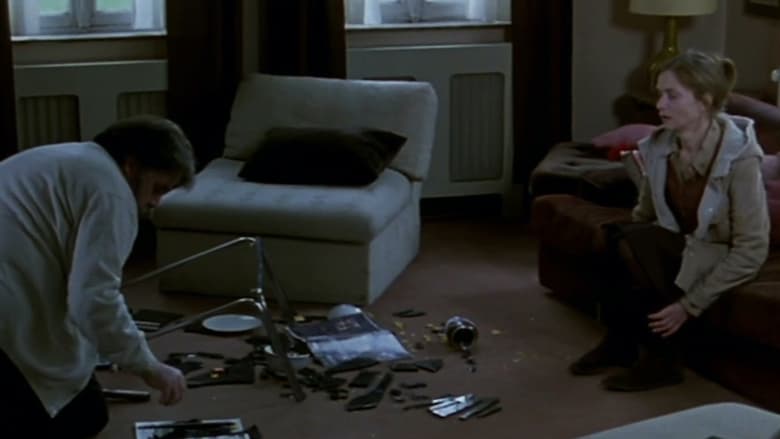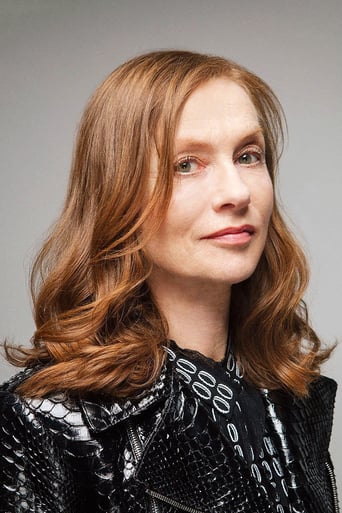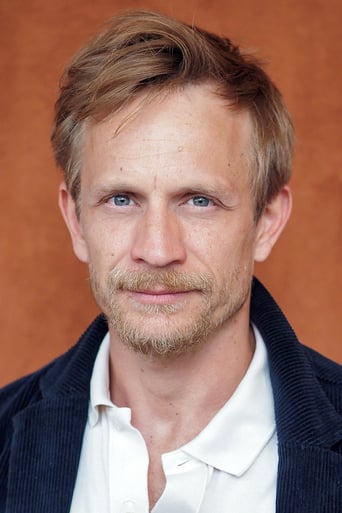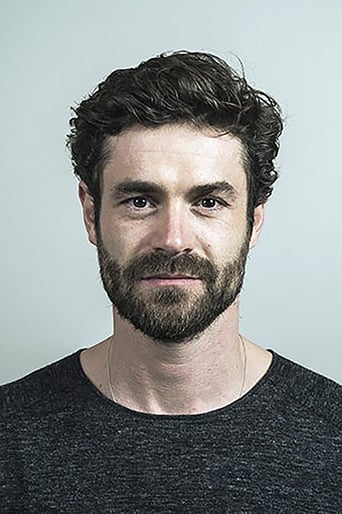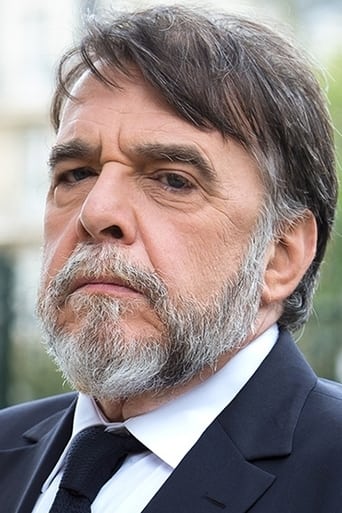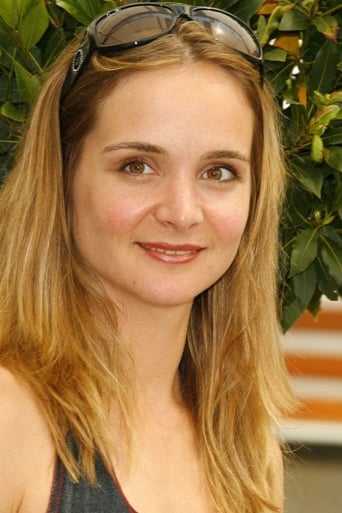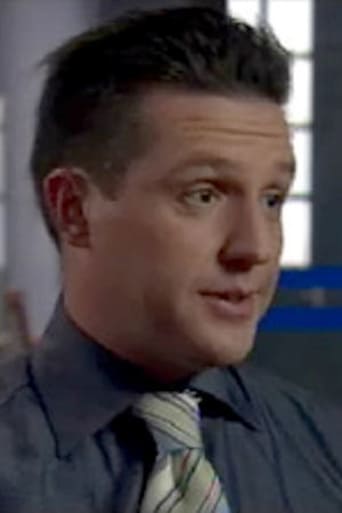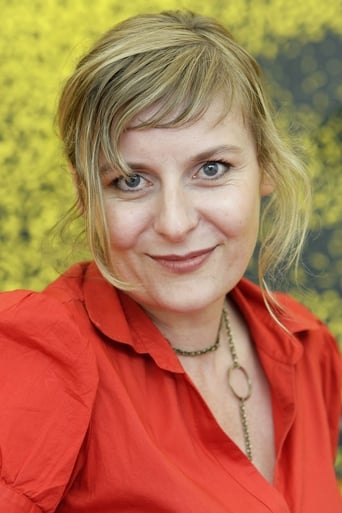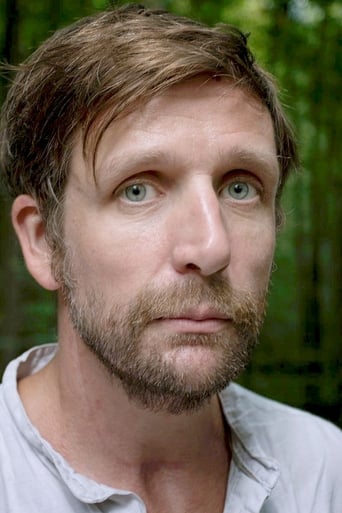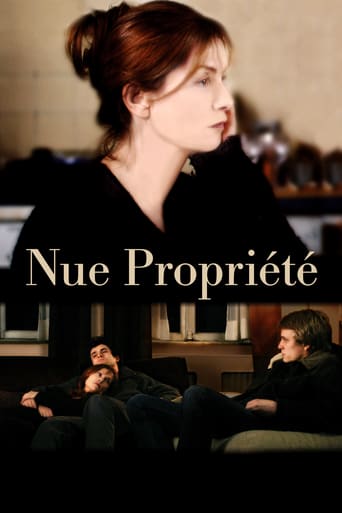
Pascale leads a lonely life with her adult sons François and Thierry at a rural estate subsidized by her ex-husband's alimony payments. When Pascale falls for neighbor Jan , she makes plans to move in with him. But Pascale's twin sons -- loafers who treat her like a servant and refuse to accept the responsibilities of adulthood -- won't let her go. The family remains locked in a stalemate until someone makes a startling move.
Similar titles
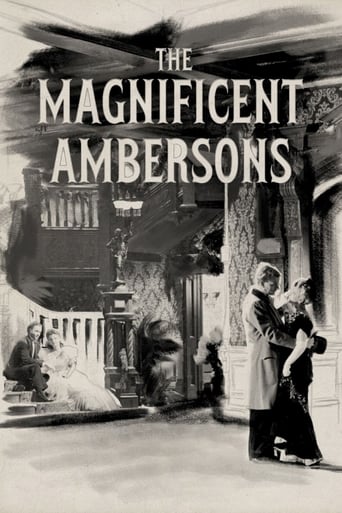




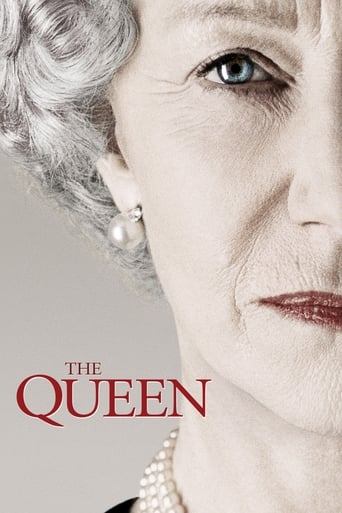
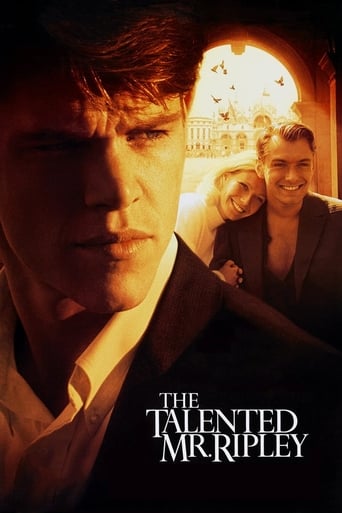
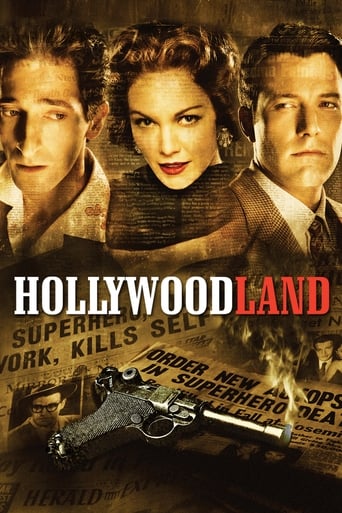
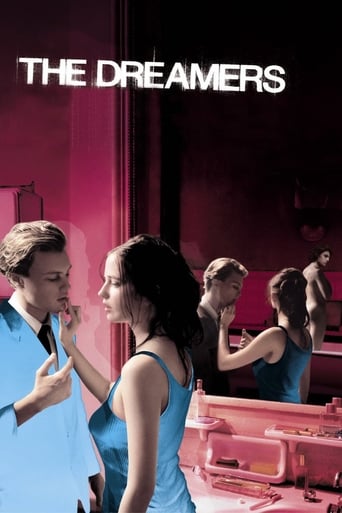
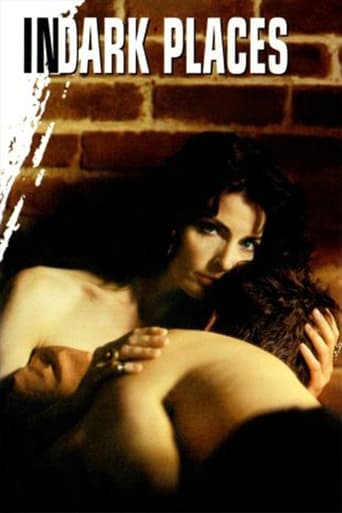
Reviews
Undescribable Perfection
Truly Dreadful Film
An old-fashioned movie made with new-fashioned finesse.
The film's masterful storytelling did its job. The message was clear. No need to overdo.
In his first film "Nue Propriété"/"Private Property" Belgian director Joachim Lafosse films the progressive disintegration of a discontented middle class family.His film is a tragic tale of fragile relationships wherein all characters are weak and easily subdued due to their inseparable internal weaknesses.One can expect that a film with family breakdown would be incendiary.However,in "Private Property" rabble rousing is confined to a bare minimum level in order to make this film a veritable low key affair.This is done by quietly filming many scenes in which cinematically speaking nothing much happens.It is in these scenes that audiences are able to witness simple human activities such as family members eating their meals and two brothers playing an amusing Ping Pong game.As usual grand dame of French cinema Isabelle Huppert is brilliant in her role of a mother who has to deal with many different men in her life.Her character is developed in such a manner that it hangs between three different extremes.However,"Nue Propriete" appears credible due to strong acting performances by actors Jérémie Renier and Yannick Rénier who are brothers in real life.This is a film to watch in case if somebody is interested in witnessing how families are ruined.PS : Film critic Lalit Rao would like to thank a good friend Mr.Philippe Pham for having gifted a DVD of this film for detailed analysis.
Belgian screenwriter and director Joachim Lafosse's third feature film which he co-wrote with Belgian screenwriter Francois Pirot and Iranian screenwriter and director Philippe Blasband, premiered In competition at the 63rd Venice Film Festival in 2006, was screened in the Special Presentations section at the 27th Toronto International Film Festival in 2006, was shot on location in Belgium and is a Belgium-France-Luxembourg co-production which was produced by producer Joseph Rouschop. It tells the story about a mother named Pascale who lives in a house in a commune in Belgium with her two sons named Thierry and Francois. Pascale is barely on speaking terms with Thierry and Francois' father named Luc whom she divorced a decade earlier and is secretly having a relationship with her Flemish neighbour named Jan whom is encouraging her to sell her house and move away with him, but when Pascale begins expressing her future plans to Thierry and Francois she gets nothing but resistance. Distinctly and precisely directed by Belgian filmmaker Joachim Lafosse, this finely paced fictional tale which is narrated from multiple viewpoints, draws a dense and objectively heartrending portrayal of a father whom is almost being prohibited from visiting his two sons, a mother whom is getting inspirations from her lover which could affect the lives of her children and her relationship with them and a heartily relationship between two close to inseparable twin brothers who are very pleased with living with their mother and kidding around with her. While notable for it's naturalistic milieu depictions, sterling cinematography by cinematographer Hichame Alaouil, production design by production designer Anna Falguères and use of sound and colors, this dialog-driven story about conflicts of will and compromises within family relations where a woman whom has gotten the house her former husband bought and both of their boys to herself begins to consider leaving her job, her infants and her home which belongs as much to them as it does to her, depicts two involving studies of character and contains a timely instrumental score. This authentic, at times humorous, cinematographic and reverently humane drama from the late 2000s which is set mostly on a grand property nearby a town in Belgium and where the idea of selling a family house and the introduction of a new man causes a student to revolt against his mother and proclaim what he and his brother whom is polishing doors is entitled to, is impelled and reinforced by it's refined narrative structure, subtle character development and continuity, moral and psychological undertones, distinguished style of filmmaking, comment by Luc : "We just tried, and it didn't work out. That's all." and the poignant acting performances by French actress Isabelle Huppert, Belgian actors Jérémie Renier, Yannick Renier and Patrick Descamps, Belgian actress Raphaëlle Lubansu and Flemish actor Kris Cuppens. A quietly atmospheric and incisively sociological character piece which gained the SIGNIS Award - Honorable Mention Joachim Lafosse at the 63rd Venice Film Festival in 2006.
While "Private property" can be loosely brought under the umbrella of "dysfunctional family drama" (a recent good one, in the English language, is "The squid and the whale") divorced single mother, emotionally immature just-turned-adult sons, the family's lacking in general purpose and direction it probes the psychology of the protagonist in a way more subtle than you would find in Hollywood.The plot and events are not important here, just anchors for character development. While the twin sons are just turning adult, the mother, Pascale, who has been working as an employee wants to start her own business elsewhere, with a modest B&B operation. The pre-requisite for her dream is selling their house, which meets immediately with objections from the sons, Tierry and Francois. The divorced father lives within driving distance, with his own family now, but is still on good terms with the sons, something the mother loathes. The mother is having her second romance, seeing a neighbour regularly. Tierry has a girlfriend, not a serious relationship. There you have all the characters. Nothing much happens. As I said, the events serve only to anchor the depiction of relationships between the various people. At the end, something does happen, an accident which is left open-ended.The movie starts in a mood that you can almost call jovial, as the sons tease Pascale for her new dress. We see a lot of the family in a mundane daily activity eating at the kitchen table. It's only upon reflection that it occurs to me that these scenes perhaps underscore the dependence of the sons on their mother, as do the scenes that repeatedly remind us that they often need a ride from the mother as they live in a remote location and their motorcycle is not a reliable piece of machinery. The message finally sinks in that although Tierry and Francois have just attained adulthood, they are still children in more ways than one. Sitting in front of the TV seems to be their major activity, particularly after Pascale has left the house to stay temporarily with a girl friend after a quarrel with Tierry. The pair become very much like the little kid in "Home alone" (but less resourceful).The distinction between the tow sons also unfolds gradually, but very clearly. Tierry is the rebellious one with an explosive temper while Francois is introvert, shy and more caring for his mother. There is surprisingly little sibling rivalry, despite their regular fight for the motorbike and adolescence jealousy from Tierry when his girlfriend receives a little attention from Francois. The more significant thing, however, is that despite the obvious fact that Francois is Pascale's favourite, Tierry does not seem to be jealous, probably because he does not care enough about his mother to be so disposed.The file is shot in a simple, straight forward style, using mostly a static camera, with average-length scenes a day-to-day story told in a simple manner, the way it should be. Consistent with this, and apt, is the decision of not having any background music, until the ending 3 minutes (which in itself is quite interesting because the powerful, overwhelming and disturbing strings would be consider by some as an unnecessary distraction but by others as a brilliant coda to the emotion-charged conclusion).Playing Tierry is Jeremie Renier who had a similar (but less explosive) role in last year's Cannes winner "L'enfant", demonstrating that he is a top choice for playing a young man facing a huge mental obstacle, however caused, in attaining maturity. Yannick Renier, his real brother, turns in an appropriately subdued, gentle persona. But it is of course Isabelle Huppert, as one poster points out, that is the main attraction for most viewers buying a ticket, including this one. All that I can say is no matter what role she has been given, Huppert always brings to it something that makes it more memorable.
This movie is an example of perfect psychological drama that only the French (actually the director is Belgian) can write and direct in such an essential and powerful way.SPOILERS FOLLOWING Focusing on two twin brothers conceived by a divorced couple, the film is a very serious study on the dynamics between a mother (Isabelle Huppert) and her two bi-ovular twin sons (Renier twins). The threesome, since the moment of the divorce, lives intimately isolated in a great house in the middle of the country in Luxembourg. The two brothers are complete adults but unemployed. The quiet one is good at fixing things in the house, the loud one is good at doing nothing but kissing and having sex with a girlfriend he sees instead of going to the university classes. Mother is distressed because she's run out of money and, encouraged by her new lover, she wants to sell the family house her ex-husband offered as a precaution for the kids to invest on a green house. Of course, the troubled son makes a violent stand and starts treating her mother really badly until she decides to go away for a period and leave the guys alone in order to make them realize they're not little boys anymore. The ex-husband is a quiet and loving man who chose to marry a second time and had a third children with an other woman after Pascale (Isabelle Huppert) left him. For she is a woman, she is not able to confront her two male grown-up children (there is sexual tension between them also) and the ghost of her ex-husband. Her new lover doesn't want to interfere and draws back, leaving her alone. Pascale doesn't want her ex-husband to show his face and interfere in her personal relationship with the boys, but when she elopes she announces him that it's time that he takes care of them because she is exhausted and wants a new life. The father avenges and refuses to go and keep an eye on them because he thinks they're mature enough. He couldn't be more wrong! As the boys are home alone, their relationship suddenly cracks and in a moment of foolish and immature rage, the blond one fights him until leaving him unconscious. As soon as he realizes what he's done, he calls their father but he prefers escaping instead of confronting the family. When the family is reunited, in the end, we are left unable to know what are the conditions of the hospitalized brother (he could be dead or alive, we are not given any clue for this) and mother/father/child have their violent climax moment where the troubled son blames her mother for divorcing and ruining his family life. The father simply explains that things were not meant to keep them together and Thierry eventually moves on and grows. The last sequence is a series of shots in the house as it is emptied and sold to new owners. We move on the country roads near the house backwards as if Thierry's family history was to be removed necessarily.The movie is very dramatic although the real dramatic moment comes in the end as a truly unexpected punch in your stomach. Some may find it too educational and deprived of visual and inventive power, but that's not the intention. Frnech movies are usually quite simple and classic and focusing on psychology and more thoughtful themes. Each performance is worthy of applause, especially Jeremie Renier (already seen in another great performance a few years ago in CRIMINAL LOVERS by Francois Ozon) and the evergreen Isabelle Huppert.
Top Streaming Movies











